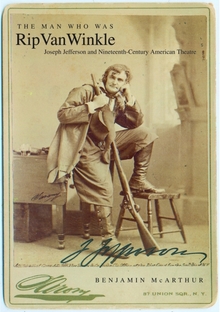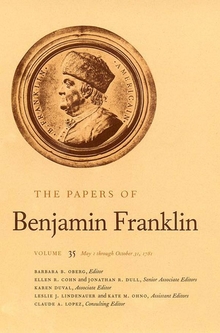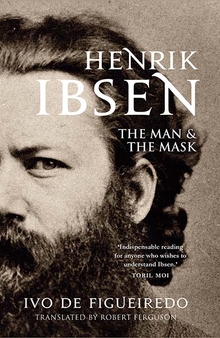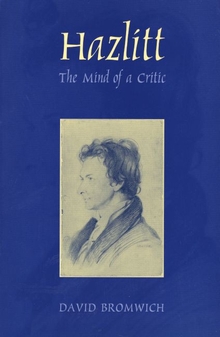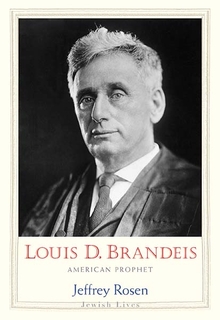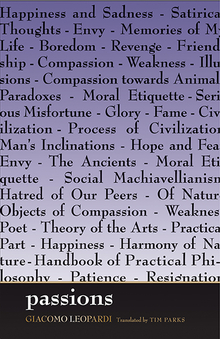The Man Who Was Rip Van Winkle
WARNING
You are viewing an older version of the Yalebooks website. Please visit out new website with more updated information and a better user experience: https://www.yalebooks.com
Joseph Jefferson and Nineteenth-Century American Theatre
Benjamin McArthur
The most beloved American comedic actor of the nineteenth century, Joseph Jefferson made his name as Washington Irving’s Rip Van Winkle. In this book, a compelling blend of biography and theatrical and cultural history, Benjamin McArthur chronicles Jefferson’s remarkable career and offers a lively and original account of the heroic age of the American theatre.
Joe Jefferson’s entire life was spent on the stage, from the age of Jackson to the dawn of motion pictures. He extensively toured the United States as well as Australia and Great Britain. An ever-successful career (including acclaim as painter and memoirist) put him in the company of the great actors, artists, and writers of the day, including Edwin Forrest, Edwin Booth, John Singer Sargent, and William Dean Howells. This book rescues a brilliant figure and places him, appropriately enough, on center stage of a pivotal time for American theatre. McArthur explores the personalities of the period, the changing theatrical styles and their audiences, the touring life, and the wide and varied culture of theatre. Through the life of Jefferson, McArthur is able to illuminate an era.
Benjamin McArthur is professor of history, Southern Adventist University. He is the author of Actors and American Culture, 1880-1920, and was an associate editor of the American National Biography.
Publication Date: October 24, 2007
28 b/w illus.

